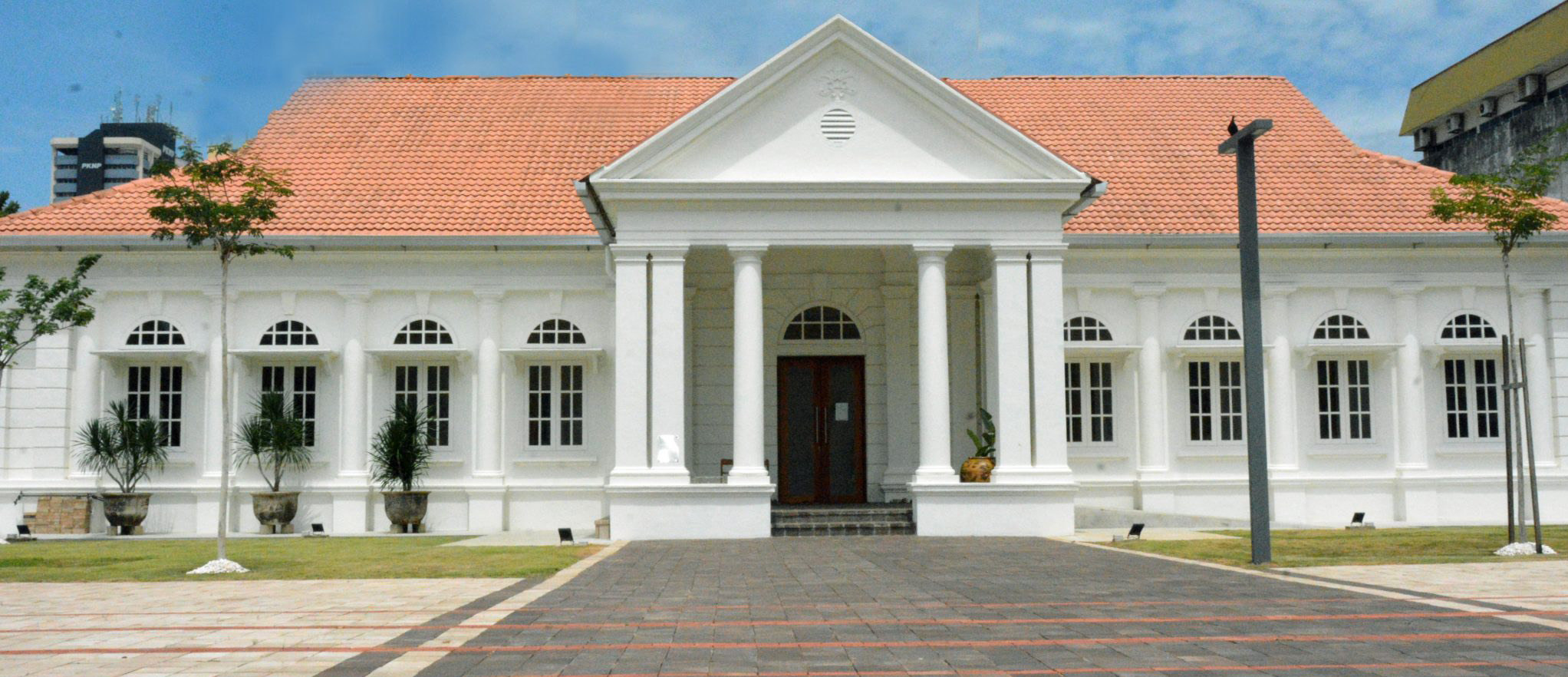Kings as Judges: Power, Justice, and the Origins of Parliaments / Deborah Boucoyannis,
Publication details: United Kingdom Cambridge University Press 2021Description: 386pISBN: 9781107162792Subject(s): Political scienceDDC classification: 320.44 Summary: This remarkable book extends the ‘historical turn’ in political science into the very heartlands of medieval political and constitutional history, with its question-centred account of the origins of parliaments. In a significant instance of what she calls ‘normative/empirical inversion’ (e.g. p. 10), Deborah Boucoyannis finds the key to durable, polity-wide representative institutions, and, by association, to ‘constitutionalism’ (e.g. p. 33), in strong medieval monarchies—above all, that of England—and in their capacity to compel the attendance of their strongest subjects, to extract taxation from them and to force them to engage with other classes in society in pursuit of common interests. Power, then, is at the centre of the thesis, but justice is important too: parliaments were most successful when they were embedded in the judicial structures of medieval states—as high courts, but also as the locales in which judicially-enforceable legislation was created. In the English case (and it is that case which is most fully developed in the book), the far-reaching power of the common law enabled the king both to attract and to insist on the attendance of elites at parliament, to bind subjects to the fulfilment of what was agreed there, and to create meaningful statutes which his judges would enforce; by a process of ‘functional layering’ (p. 43 ff.), other roles were added to an institution whose regular and basic purposes were associated with justice. So it is that Boucoyannis challenges some of the more prominent arguments of historically minded social scientists (and some historians): representative institutions did not arise in the first place from bargaining over taxation, but from the administration of law and justice; constitutional rights were sought more as a response to overweening royal power than as a benefit to taxpaying classes; the capacity of the state to compel the nobles was more important for constitutionalism than any dialogue with towns (merchants and townsmen sought sectoral privileges, not collective ones); regularity of representation arose from ‘compellence’, not the desire for liberty. In all, instead of ‘no taxation without representation’, we should think in terms of ‘no taxation of elites, no representative institutions’ (ch. 6).| Item type | Current library | Call number | Status | Date due | Barcode |
|---|---|---|---|---|---|
 Books
Books
|
Annexe Office Annexe | 320.44 (Browse shelf (Opens below)) | Available | 2025-0252 |
This remarkable book extends the ‘historical turn’ in political science into the very heartlands of medieval political and constitutional history, with its question-centred account of the origins of parliaments. In a significant instance of what she calls ‘normative/empirical inversion’ (e.g. p. 10), Deborah Boucoyannis finds the key to durable, polity-wide representative institutions, and, by association, to ‘constitutionalism’ (e.g. p. 33), in strong medieval monarchies—above all, that of England—and in their capacity to compel the attendance of their strongest subjects, to extract taxation from them and to force them to engage with other classes in society in pursuit of common interests. Power, then, is at the centre of the thesis, but justice is important too: parliaments were most successful when they were embedded in the judicial structures of medieval states—as high courts, but also as the locales in which judicially-enforceable legislation was created. In the English case (and it is that case which is most fully developed in the book), the far-reaching power of the common law enabled the king both to attract and to insist on the attendance of elites at parliament, to bind subjects to the fulfilment of what was agreed there, and to create meaningful statutes which his judges would enforce; by a process of ‘functional layering’ (p. 43 ff.), other roles were added to an institution whose regular and basic purposes were associated with justice. So it is that Boucoyannis challenges some of the more prominent arguments of historically minded social scientists (and some historians): representative institutions did not arise in the first place from bargaining over taxation, but from the administration of law and justice; constitutional rights were sought more as a response to overweening royal power than as a benefit to taxpaying classes; the capacity of the state to compel the nobles was more important for constitutionalism than any dialogue with towns (merchants and townsmen sought sectoral privileges, not collective ones); regularity of representation arose from ‘compellence’, not the desire for liberty. In all, instead of ‘no taxation without representation’, we should think in terms of ‘no taxation of elites, no representative institutions’ (ch. 6).


There are no comments on this title.